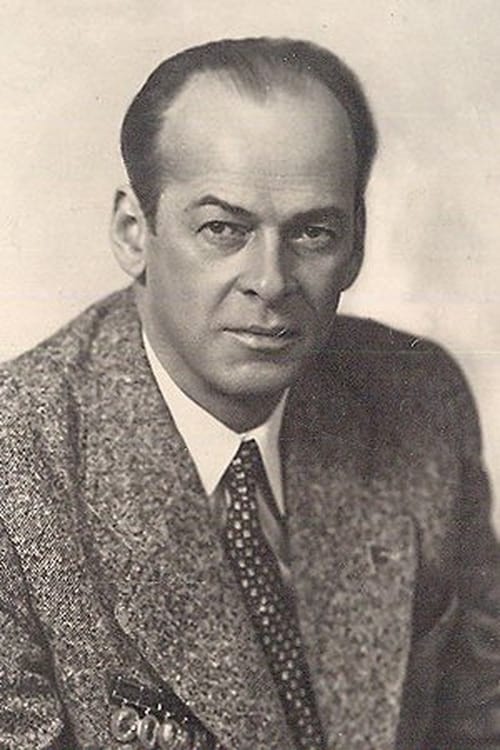
Nikolai Cherkasov
Nacimiento : 1903-07-27, St Petersburg, Russian Empire
Muerte : 1966-09-14
Historia
An outstanding Soviet theater and film actor. Honored Artist of the RSFSR (1937). People's Artist of the RSFSR (03/11/1939). People's Artist of the USSR (02.26.1947). He graduated from the Institute of Performing Arts (1926). Since 1919 - a mimic artist of the Petrograd Mariinsky Opera and Ballet Theater, the Bolshoi Drama Theater and other theaters. In the years 1926-1929 - actor of the Leningrad Youth Theater. In 1929-1931 - artist of the Leningrad and Moscow music halls. In the years 1931-1933 - artist of the Leningrad Mobile Theater "Comedy". In 1933-1965 - artist of the Leningrad Academic Drama Theater named after Pushkin. Nikolai Cherkasov is the only actor whose face is imprinted on the order. Stalin personally chose and approved the portrait of Cherkasov for one of the highest state awards - the Soviet Order of Alexander Nevsky. Member of the Supreme Council of the RSFSR 1-2 convocations. Member of the Supreme Soviet of the USSR 3-4 convocations (1950-1958). Chairman of the Leningrad branch of the WTO (since 1948). Member of the Soviet Peace Committee (since 1949). Member of the CPSU (b) since 1940. September 14, Nikolai Konstantinovich died at the 64th year of life. When the great actor passed away, one of his students said that he died not from heart failure, but from insufficient heartiness... The actor was buried in the Necropolis of Artists of the Alexander Nevsky Lavra in Leningrad. July 27, 1970 the name of Cherkasov was assigned to one of the streets in Leningrad.

Gedeonov
Paris, the middle of the XIX century. Young Marius Petipa is going on a long journey to St. Petersburg, where he is invited to become the first dancer. He doesn't know that his life will develop both happily and dramatically, and his work will be the glory and pride of Russian ballet.

scientist Fyodor Dronov
Renowned scientist Dronov works in Novosibirsk on the creation of ultra-modern engine. He has a bad heart, he was afraid not to have time to finish the job, and test engine at a factory in Moscow, unfortunately, is not the first time passes unsuccessfully. Dronov abandons the rest of the work, even the leadership of the Institute entrusts to his disciple Morozov.
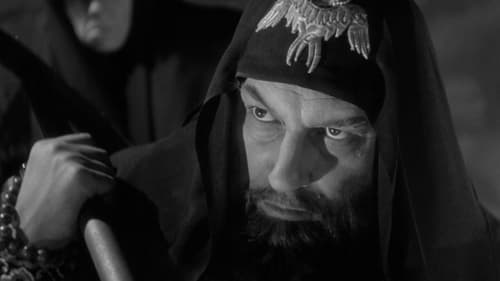
Czar Ivan IV
Mientras Iván el Terrible intenta consolidar su poder estableciendo un ejército personal, sus rivales políticos, los boyardos rusos, se conjuran para asesinar a su zar.

Don Quixote de la Mancha / Alonso Quixano (as N. Cherkasov)
La adaptación soviética de "Don Quijote" sigue fielmente la novela de Cervantes, salvo por las inevitables alusiones a la lucha de clases, típicas del cine soviético.
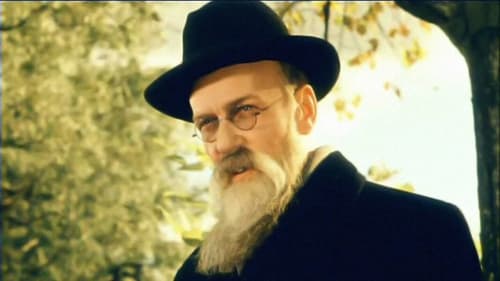
Stasov
San Petersburgo, a finales del siglo XIX. El compositor Nikolai Rimsky Korsakov está en el momento álgido de su creatividad. Su nueva ópera "Sadko" ha sido rechazada por el Teatro Imperial, pero es representada en un teatro privado propiedad del promotor de arte Savva Mamontov, donde recibe una cálida acogida por parte del público. La ópera "Sadko" de Rimsky Korsakov fue seguida por otras obras maestras como "Mozart y Salieri", "El cuento del zar Saltan" y "El vuelo del Moscardón".
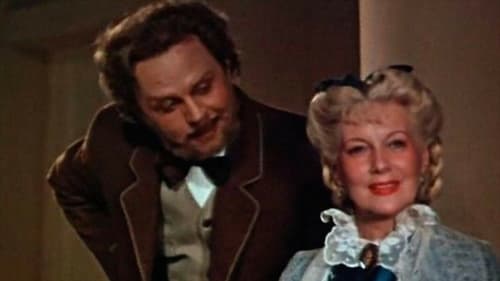
Stasov
Durante la época en que Mussorgsky vivió en el pueblo, observó cosas que le dejaron una fuerte marca en su alma y que le influiría en su estilo artístico. Su asociación con 'El Grupo de los Cinco', los discursos apasionados del crítico musical Vladimir Stasov, los encuentros con la artista Ilya Repin y su obra 'Boris Godunov', son episodios que revelan el talento excepcional y la fuerte personalidad del compositor ruso.
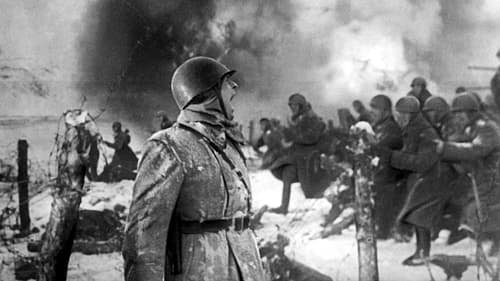
President Franklin D. Roosevelt
A 1949 two-part Soviet epic war film about the Battle of Stalingrad, directed by Vladimir Petrov. The script was written by Nikolai Virta.
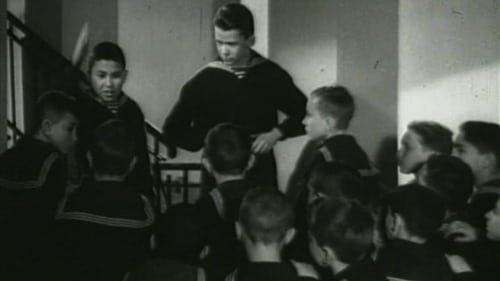
kapitan Levashov
A story about boys in a sailors school.

A biographical film about the life and work of the outstanding physicist-electrical engineer, inventor of radio communications Alexander Semenovich Popov.

Lyadov
A biopic based on the life of Russian scientist and doctor Nikolai Ivanovich Pirogov (1810-1881), famous for being the founder of field surgery.

Mikhail Andreevich Kostousov
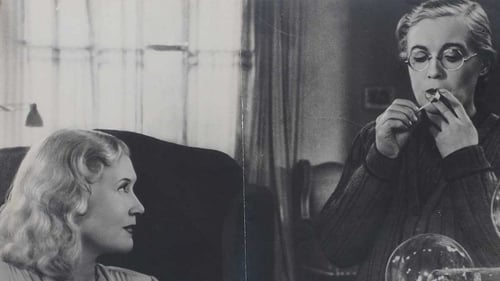
Arkadi Mikhailovich Gromov
A drab woman scientist, working on machine to harness solar energy, and a pert concert singer look-alike being courted to play her in a movie swap identities and find personal growth, professional success, love, and happiness.

Lukich
Три друга, три молодых хирурга, вернувшись с войны, начинают работу над сложной медицинской проблемой. Напряженный труд не приводит к желаемым результатам, и двое из них перестают верить в успех...
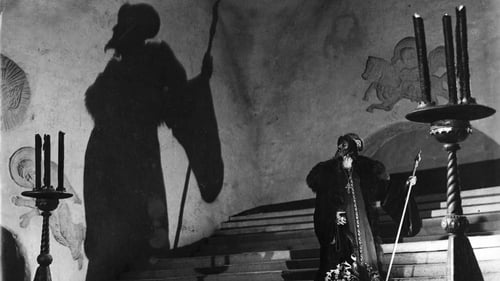
Czar Ivan IV
Al inicio de su reinado, Iván el Terrible afronta la traición de la aristocracia e incluso de sus amigos más cercanos mientras busca unir al pueblo ruso.
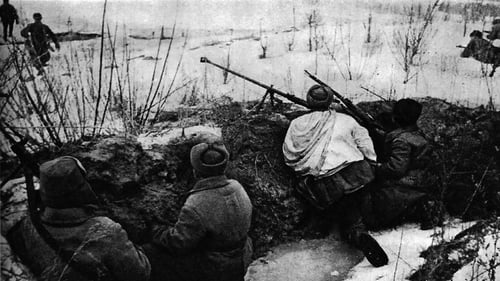
Alexander Nevsky
Documental que muestra el enfrentamiento entre la Unión Soviética y la Alemania nazi en la Segunda Guerra Mundial (1939-1945). Quinto documental propagandístico de la serie "Why We Fight".

Rodionov the father, a worker
The autumn of 1941. Leningrad is besieged by the Nazis. A new model of tank is being developed at a large defense plant. Built in the shortest possible time combat vehicles are tested directly on battlefields, fighting with fascists in the outskirts of the city. The first feature film about the heroic everyday life of city defenders was shot directly in assembly shops of plants and in the streets of Leningrad when the city was fighting against the enemy
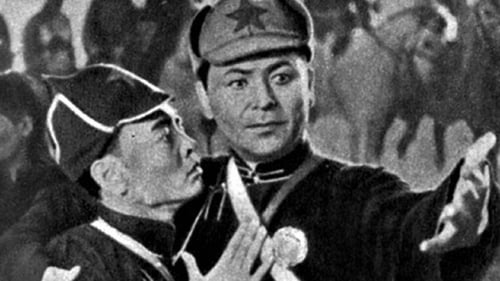
baron von Ungern-Sternberg
The film tells about the founder of the Mongolian People's Revolutionary Party, the leader of the Mongolian People's Revolution - Damdin Sukhe-Bator.

Propaganda film enhancing the role of I.V. Stalin in the defense of the city of Tsaritsyn (subsequently Stalingrad, at present Volgograd) by the red army during the Russian civil war.

Adventures of the medicine professor during reserve duty.

Maksim Gorky
Historical-revolutionary film about Lenin’s activities in the first years after the Great October Revolution in Russia.

The Soviet classic based on the biography of one of the main October Revolution leaders - Sergey Kirov.
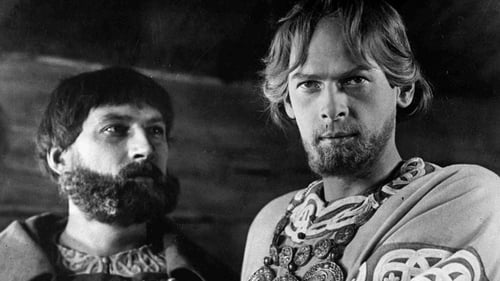
Alexander Nevsky
Siglo XIII. Relato épico sobre el príncipe Alexander Nevsky, que defendió victoriosamente el norte de Rusia del ataque de los teutones: la batalla se libró sobre la superficie helada del lago Peipus. También tuvo que hacer frente a la invasión de Rusia por el ejército mongol dirigido por Gengis Khan.

Prince Alexei
Depicts Russian Tsar Peter the First's conquest over the Swedes and his son Aleksey's plot to overthrow him.
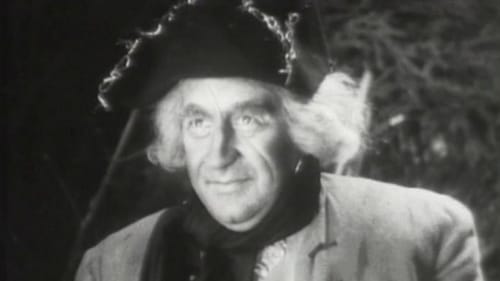
Billy Bones
An adaptation of Robert Louis Stevenson's "Treasure Island" with drastic changes to the plot. A group of English rebels searches for pirate's treasures to buy weapons for the civil war.

Prince Alexei
This, the first Soviet depiction of Peter the Great, set the stage for what would become the post-Revolutionary line concerning the early Romanovs. Rulers like Ivan the Terrible and Peter the Great were widely admired for their dedication to Russia and their absolute determination to enhance her position in the world. But praise for the hated later Romanovs conflicted too heavily with the very beliefs that had brought about the Revolution in 1917.

An adaptation of Robert Louis Stevenson's "Treasure Island" with drastic changes to the plot. A group of English rebels searches for pirate's treasures to buy weapons for the civil war.

A film based on the life of the Russian scientist, Klement Timiriazev, who taught at Cambridge and Oxford and was awarded the Newton Mantle for his work. Timiriazev, one of the few outstanding Russian scientists who (publically) backed the Soviets in their revolutionary campaign, was later elected a delegate to the Leningrad Soviet by the sailors of the Baltic fleet. There he denounced his fellow scientists for failing to aid the Soviets and predicted that such aid would come.
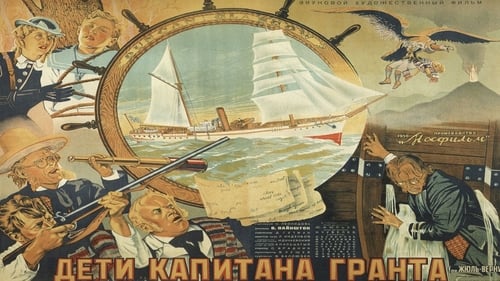
Jacques Paganel
The son and daughter of a lost-at-sea captain recruit help to find him on the basis of an incomplete note found in a bottle, and encounter adventures in Patagonia, Australia, and New Zealand... Based on Jules Verne novel.
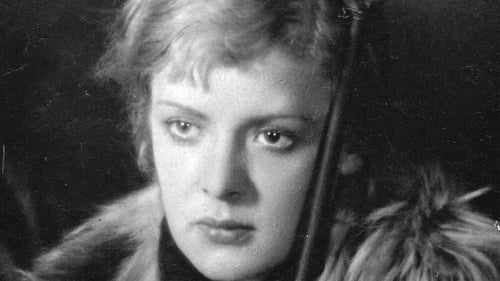
white officer (uncredited)
Girlfriends Zoya, Natasha and Asya live in Petrograd. Before the Civil War, young heroines are aware of the social injustice of life. When the war begins, the girls are recorded by the orderlies of the working group to protect the Bolshevik Petrograd from the advance of the whites.

A Soviet comedy about a charming womanizer.

After news of the future birth of a child, Sergei split from his wife, Natasha, and settled in the company of young architects, who occupied a room in a big house. As a result of a chain of unforeseen events, brought by one of the tenants found a child, Sergei finds a newborn son. Friends are doing everything possible to find a lost mother, but Sergei does not disclose their affiliation and tries to give the baby the wrong hands.

A hapless loser (with the surname of Loser) undergoes misadventures with avaracious clergy, a tired horse, and a walking granary (among other things) on his road to collectivized happiness.

A man discovers that he's not the father of his wife's baby.

Tall Clown
This 1928 film features stylized cinematography and actors from the Moscow Art Theater in a fiction story based on the life of Jewish Labor Bund member Hirsch Lekert who attempted to assassinate the Vilna governor in 1902 to avenge the flogging of workers who participated in a May Day rally.

